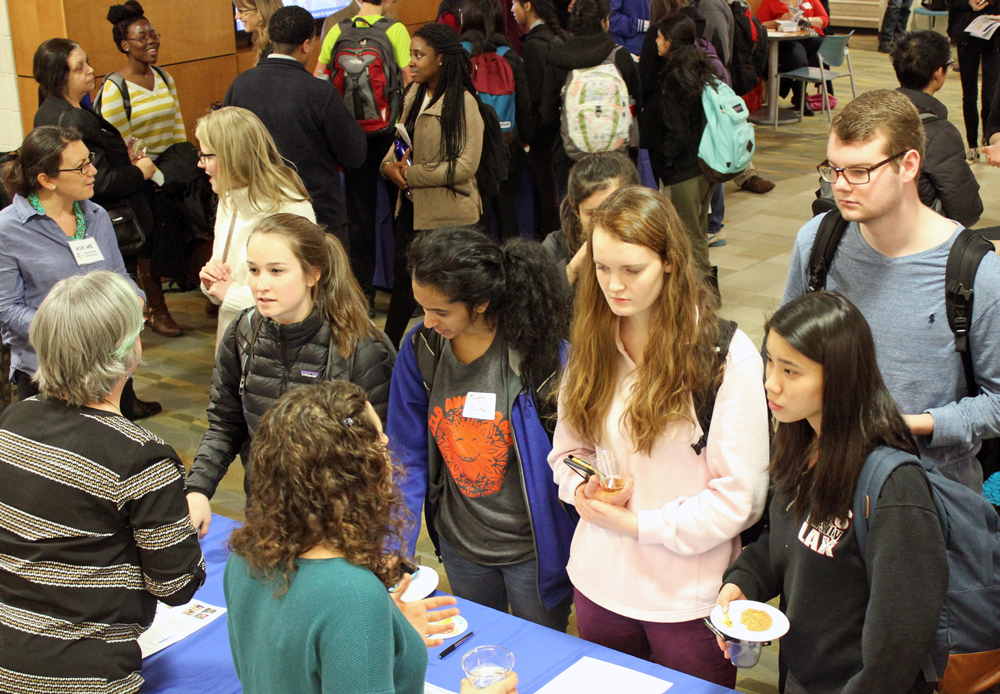Bass Connections in Global Health Offers World of Opportunities
As employers are increasingly seeking graduates with experience tackling complex issues, students of all levels are turning to hands-on interdisciplinary projects to round out their education. Duke’s Bass Connections program—which is currently accepting student applications—provides just this opportunity.

Focused on building essential skills like collaboration, critical thinking, synthesis of ideas and creative problem solving, Bass Connections offers team-based research experiences that involve students of all levels and faculty members. These projects seek to develop creative solutions to real-world problems.
Thanks to a $50 million gift from Anne and Robert Bass in 2013, the program was launched across the entire university, connecting students and faculty across all academic levels and departments. Bass Connections is structured around five themes:
- Global Health
- Brain & Society
- Information, Society & Culture
- Education & Human Development
- Energy
Projects, which often include community members in addition to Duke students and faculty, last three to 18 months, with many global health-themed projects lasting 12 to 18 months. Since the program’s inception, project teams have produced peer-reviewed journal articles, conference presentations, websites, mHealth interventions and educational materials.
Bass Connections Gives Students Perspective, Builds Resilience
Previous participants speak highly of the program. Second-year Master of Science in Global Health student Brittney Wittenbrink shared, “Through my Bass Connections project, I’ve gained perspective about how a research team functions within the field I want to pursue. From working with doctors, professors and students here at Duke and abroad, I’ve gained experience functioning as a member of an international, interdisciplinary team.” Her project, exploring risk factors involved in sickle cell disease severity and how to mitigate them, inspired her master’s thesis.
Austin Peer, a junior global health and biology major student that participated in an environmental epidemiology project in Peru, said that Bass Connections gave him a realistic picture of global health fieldwork. “My project taught me patience and adaptability, as plan A often morphs into plan B and C. Being flexible and open to alternative paths proved critical to success.”
Peer also appreciated the ways in which the project promoted resilience among the team as they navigated inevitable challenges such as “collecting mosquitoes and sandflies in a Shannon trap surrounded by flying cockroaches in 95 degree heat and traversing storm-eroded back roads with the Ministry of Health to talk with rural communities about nutrition.”
Bass Connections in Global Health is currently recruiting students for summer 2016 projects. This year, students can apply to eight new projects, which take place as close as North Carolina and as far away as Madagascar.
Students should apply by February 26, 2016 for priority consideration.
Read the full article on the Duke Global Health Institute website, learn about the 2016-17 project teams in the Global Health theme and find out how to get involved in Bass Connections.